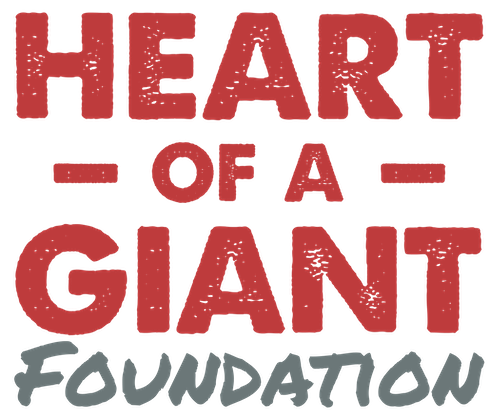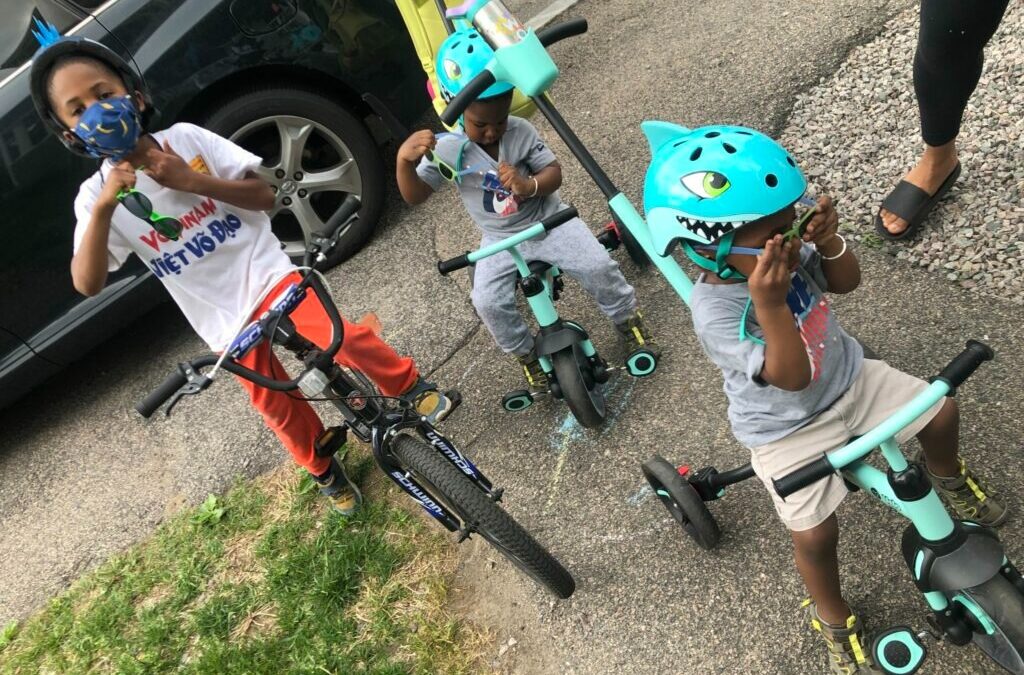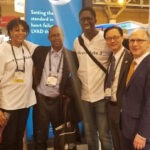Being a heart transplant candidate not only changes the story that I thought I’d be telling—it also pushes up the timeline on the tale. While most memoir writers wait until they’ve completed most of their life’s goals and then look back from a place of closure to reflect upon their insights and achievements, the tenuous state of my heart’s health affords me no such luxury. I feel an urgency to share what I’m going through, and what I’ve learned on my journey to date, in hopes of helping to inspire or motivate others who face their medical challenges and other adversities.
I want to express my gratitude to my family, friends, and medical teams who travel this road with me—a path that has been difficult, complex, and amazing all at once—and I want to do my part for advancing health care, in particular for those at-risk and those living with heart failure and their families and caregivers. These new missions—tall orders, all—now combine with- and enhance my original goals related to social entrepreneurship.
I grew up in Manantali, Mali, where my father, a civil and hydraulic engineer, was working on the design, building, and management of a hydro-electric dam. My mother was the medical doctor of the little town. The Manantali Dam is one of the biggest in the region, and one of the few multi-national projects of its kind that has remained productive and effective to date. Watching the impact that this dam had in my community, and ultimately the neighboring countries it serves, shaped my path and fueled my ambition to strive for something worthwhile and make a difference.

Construction du barrage hydroélectrique de Manantali, 1988, Mali.
(Photo by Lily FRANEY/Gamma-Rapho via Getty Images).

Power station inauguration – Dad, navy suit and white hat,
with the Presidents of Mauritania, Senegal, and Mali.



Recent images of Manantali Hydro-electric Dam.
When I was first diagnosed with congestive heart failure, I wondered if it would still be possible to be an effective social entrepreneur and to affect change on the level that I had always envisioned. One thing I’ve learned over the intervening years is that having a major health condition doesn’t have to derail your original goals and mission—it just intensifies what you hope to achieve in life and makes it all feel more urgent.
Desiree and I are deeply committed to living in Africa, and more than that, to contribute to the continent’s development, particularly in West Africa. What did my change in health status mean considering these goals, and were we still in a position to prioritize them? These are the questions my wife and I asked ourselves repeatedly. A major health problem tests your resolve about how much you want to reach your original vision, and what you’re willing to sacrifice to achieve it.
A major health problem tests your resolve about how much you want to reach your original vision, and what you’re willing to sacrifice to achieve it.
In our case, we have experienced first-hand the impact of the problem we want to solve: inadequate technological infrastructure, institutional hindrances, a limited absorptive capacity that is a function of human capital, the lack of adequate modern research infrastructure in most parts of Africa and more.
I set up Yeelen in Senegal just before my heart prognosis shifted. With this news, we found ourselves having to make the difficult decision to relocate to Boston, MA in the United States, to be closer to the specialized medical care that I need. But I am not giving up on my goals for Senegal and Mali—this experience is inspiring us to find new ways to support change both here in the U.S and back home in Africa, and we’ve been talking to doctors and other professionals about how we can help bring more services to those communities to help more patients and at-risk people and their caregivers. I was already passionate about this journey, having grown up in a family of doctors. But being sick and living with chronic heart illness has driven home how badly this change is needed, and how much we hope to be able to contribute to overcoming these challenges.
My journey with heart failure in Africa and the United States highlights the importance of integrating technological innovation to a culture of healthy living. In terms of challenges, across the world, heart failure affects patients’ and families’ day to day living and long-term planning. It affects communities through increased cost and decreased productivity. Although it is pervasive, heart failure is yet largely unmeasured and misunderstood.
Treatments are a complex mix of pharmaceutical, technological, and lifestyle interventions. They are becoming increasingly effective at improving patient livelihood and longevity, but to date, heart failure has no cure. More, treatments are expensive, taxing, and largely inaccessible to most. Continued research and innovation are necessary and will continue to be expensive. The structural transformation of health systems to increase accessibility seems presently currently out of reach.
Over the years, as a chronic health patient, I have come to observe and appreciate the importance of health workers and healthcare leaders listening to and understanding the patient voice. This is increasingly significant as healthcare is becoming increasingly more patient-centric.
Adding the patient voice into healthcare decision-making is a critical aspect of practice improvement and medical decision-making efforts. Involving patients is the only way to help them make a wholly informed choice among reasonable options. Authentic patient voices that permeate decision-making and strategy is required. And medical care teams must build genuine connections with the patients they serve.
Because of the above challenges and those I alluded to before, I am committed to amplifying patient voices to improve their heart health and vitality. I strongly believe that improved patient voices will lead to better health outcomes by improving the quality of medical decisions, and guidelines, through better patient education and greater patient involvement.
Amplifying patient voices.
.. to improve their heart health and vitality.
In Senegal, like in the USA and most countries, heart disease is one of the leading causes of death, progressively overtaking infectious diseases as the leading cause of morbidity and mortality. The health system is proving limited in dealing with the rising rate of chronic diseases. Hospitals and specialist clinics are overloaded with patients. The ratio of specialists/patients in state hospitals is in the single digits to every 100,000 patients in hospitals. While a possible shortage of specialist doctors is a growing concern, the country is also facing a general doctor and nurse shortage.
Thus, back home (in Africa), beyond amplifying patient voices, I will specifically contribute to capacitating healthcare practitioners on the continent with the skills (including research capacity), tools (such as equipment, medication, facilities…) and support (promoting a culture of care, taking care of the care providers), to be able to offer effective treatments in Africa to people with conditions similar to mine.



0 Comments